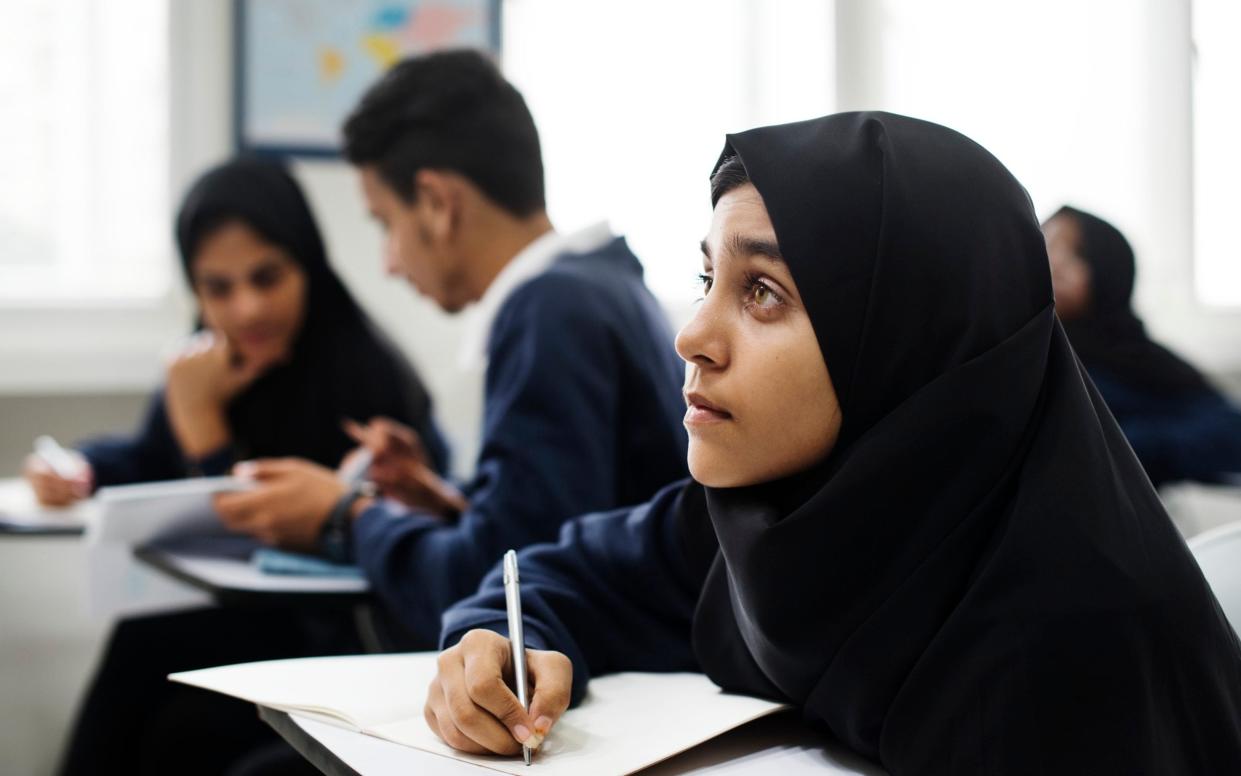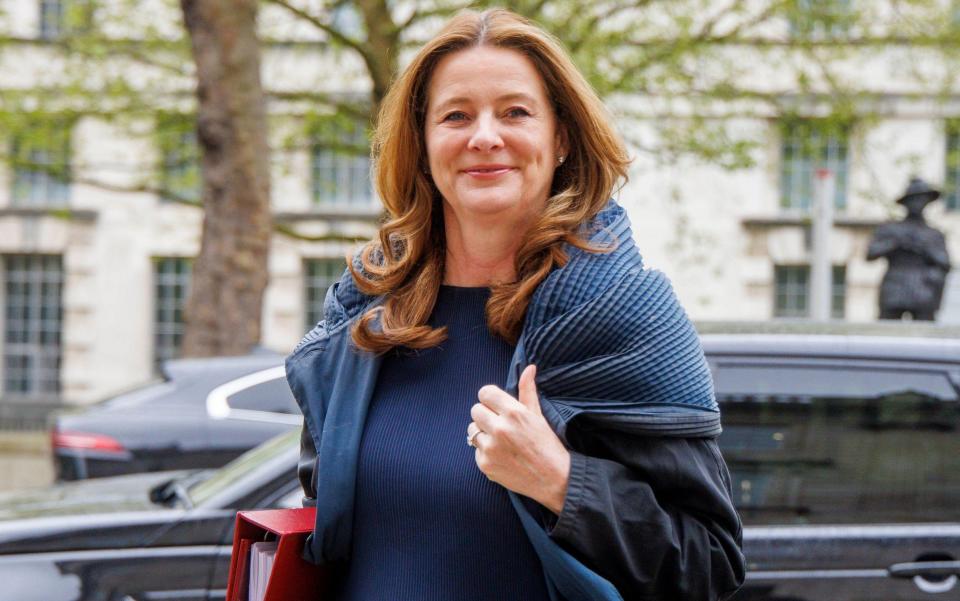Gillian Keegan to axe 50pc rule on faith school admissions

Gillian Keegan is to axe the 50 per cent cap on faith schools, ending a policy which forces institutions to keep half their places open for children of different religions.
The Education Secretary will announce the move this week, explaining that it will encourage faith schools to expand and create more “high quality” places for pupils.
Lord David Cameron – who has described himself as “evangelical” about his Christian faith – introduced the cap while in the coalition government with the Liberal Democrats.
Under current rules, any new faith schools which are oversubscribed can only prioritise pupils based on faith for 50 per cent of its places.
When the cap was introduced, it was argued that it would stop the proliferation of hardline religious schools. However, ministers feel that the cap has had little impact and instead had the undesired effect of preventing Catholic schools from expanding.
The Catholic Church has argued that turning away children of faith for non-Catholic children was incompatible with canon law. The Catholic education service refused to participate in the free schools programme until the government relented and repealed the cap.
Officials at the Department for Education believe lifting the cap will encourage Catholic schools – which are often highly sought after by parents – to set up new institutions and expand their existing provision by joining multi-academy trusts. The plans will be subject to a seven-week consultation.

An estimated 850,000 children are educated in Catholic schools across England and Wales, making them the largest provider of secondary education and the second-largest for primary education in England.
Most faith schools in England qualify for exemptions from the Equality Act 2010, enabling them to prioritise children from families who share their faith if they are oversubscribed.
This can include requirements for parents and children to attend a local place of worship regularly or to provide evidence of baptism. As a result, some parents are unable to send their children to their local state school.
A government source said that they plan to “give every child a world-class education is working, with school standards higher than ever before”, adding that 90 per cent of schools are currently ranked as good or outstanding by Ofsted.
“A major part of this success has been putting those with education expertise in charge of our schools and removing them from Local Authority control,” they said.
“Helping more faith schools to join academy trusts is one of the final pieces of the jigsaw to complete our revolutionary reforms that have driven so much improvement in our classrooms since 2010.
“The Education Secretary is sticking to the plan by continuing to drive up school standards and ensure every child has a brighter future.”
Last year, the United Nations called for a ban on religion being used to select pupils in England in what MPs described as a “secular-inspired attack” on faith schools.
The UN Committee on the Rights of the Child published a report on child rights in Britain, which concluded that “preventing the use of religion as a selection criterion for school admissions in England” was a priority.
It also recommended repealing legal provisions for compulsory attendance in collective worship and called on the Government to establish statutory guidance to ensure that children have the right to withdraw from religious classes without parental consent.
The report sparked a backlash from MPs, religious leaders and faith school providers, who claimed it would be “illiberal” to deny religious families the basic right to religious education and said it was inaccurate to claim that collective worship attendance was compulsory.


